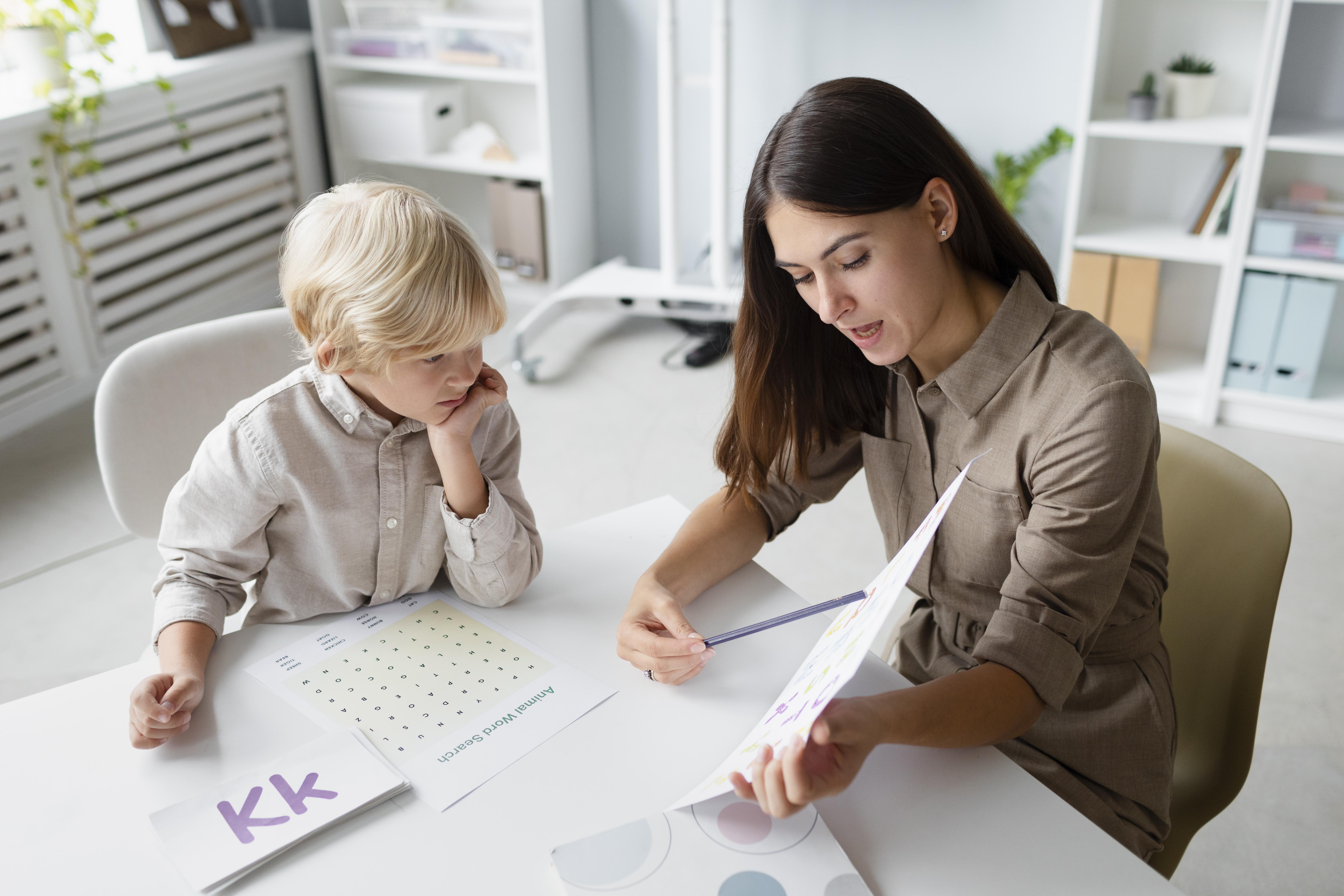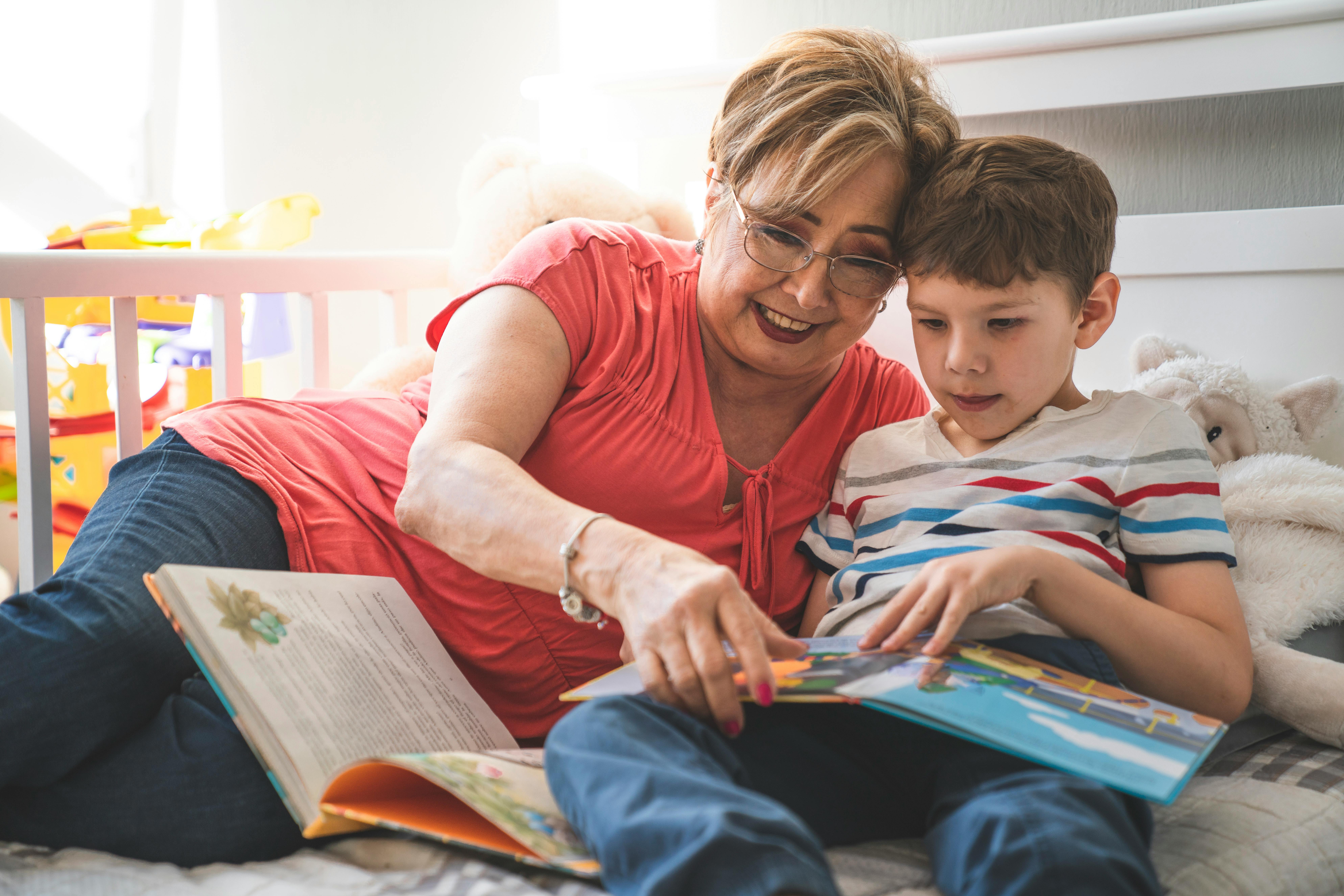A Growing Need for Awareness and Action
Parents, you're not imagining it. Kids' mental health challenges have risen significantly in recent years. Recent studies confirm what many parents have already noticed at home and at school.
- About 1 in 3 youth ages 12–17 are reported to have a mental, emotional, developmental, or behavioral challenge today.
- 1 in 5 teens experienced a major depressive episode in the past year, nearly 4.5 million adolescents.
- Nearly 4 in 10 high schoolers reported feeling persistently sad or hopeless for at least two weeks in a row.
- 20% of teens seriously considered suicide, and nearly 9% attempted it.
- Anxiety diagnoses have doubled in less than a decade, from about 10% in 2013 to nearly 20% in 2021.
- Suicide, while declining slightly from pandemic peaks, remains the second leading cause of death among teens.

These numbers are heartbreaking, but they also show us that kids need more support than ever before.
Why This Matters for Families
Statistics don’t just exist on paper, they play out in classrooms, at the dinner table, and in the daily lives of families. Behind every number is a child who may be:
- Struggling to keep up at school
- Withdrawing from friends
- Expressing overwhelming worry
- Or showing signs of deep sadness that doesn’t go away
But here’s the good news: research also shows that one caring adult can make all the difference. About 79% of teens say they have at least one supportive adult in their lives, and over half have already spoken with a healthcare provider about stress or emotions.
When kids are heard, supported, and given the right tools, their story can change.
Spotting the Signs Early

As parents, it helps to know when to reach out for help. Consider a professional evaluation if your child:
- Has big mood swings or meltdowns that don’t improve with time
- Withdraws from favorite activities or avoids friends
- Struggles academically despite effort
- Talks about hopelessness, death, or hurting themselves
Why Evaluations Matter
A professional evaluation provides clarity: is it depression, anxiety, ADHD, trauma, or a combination of factors? It takes the guesswork out of parenting through tough moments.
With answers, families can:
- Access therapy, counseling, or medical supports sooner
- Advocate more effectively at school (IEPs, 504s, accommodations)
- Learn practical coping strategies that help at home right away
At NeuroChamp, we believe in looking at the whole child, their strengths, challenges, environment, and emotional well-being, so families walk away with clear, actionable next steps.
The Bottom Line
The numbers are sobering, but they’re not the end of the story. With awareness, early support, and compassionate guidance, kids can heal, grow, and thrive.

From Worry to Hope: Let’s Take the Next Step Together
If you’ve been noticing changes in your child’s mood, focus, or overall well-being, you don’t have to wait and wonder. Schedule a free consultation with us today, and let’s work together to bring clarity, support, and hope for your child’s future.

Schedule a free consultation with us today, and let’s work together to bring clarity, support, and hope for your child’s future.
About the Author
Dawnyelle DeLongchamp, M.S., BCBA, LEP
Dawnyelle is a Licensed Educational Psychologist (LEP #4577) and Board Certified Behavior Analyst with over 25 years of experience. As the founder of NeuroChamp Educational Psychology & Speech Services, she specializes in comprehensive, neuroaffirming evaluations for learning differences, ADHD, autism, anxiety, and more, helping families move from uncertainty to clarity with empathy and practical insight.
References
- American Psychological Association. (2023). Improving youth mental health.
- Annie E. Casey Foundation. (2023). Youth mental health statistics.
- CDC. (2023a). Adolescent and school health: Mental health.
- Beesdo-Baum, K., & Knappe, S. (2024). Rising anxiety in adolescents. Journal of the American Academy of Child & Adolescent Psychiatry.
- Parents Magazine. (2024). Teen suicidal ideation shows slight decline.
- CDC. (2023b). Children’s mental health: Data and research.








.jpg)

